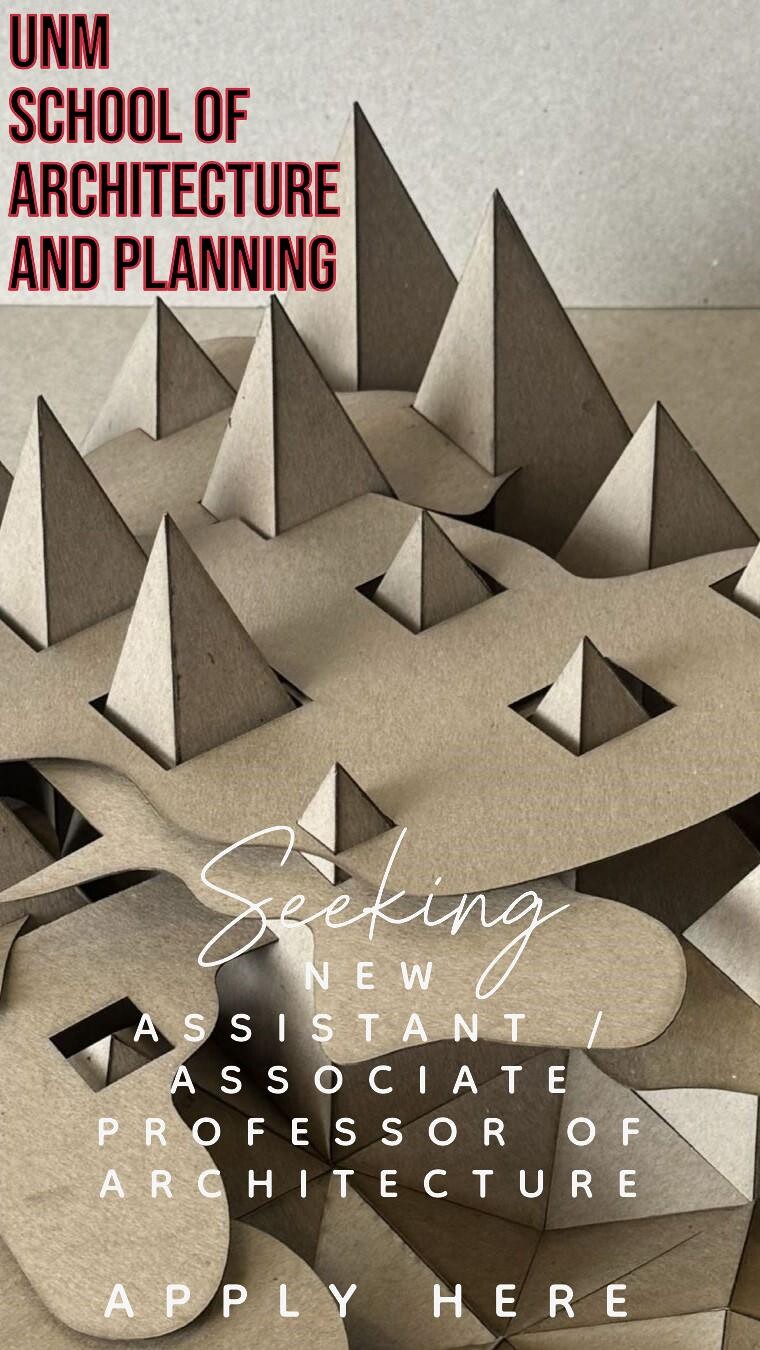4th Gwangju Design Biennale
September 2, 2011–October 23, 2011
Press Preview:
September 1, 2011Gwangju, South Korea
www.gb.or.kr
The title theme of this year’s Biennale is DOGADOBISANGDO – “Design is Design is Not Design.” With works by more than 300 artists, designers, and architects from 40 countries, the six sub-themes of the Biennale—Thematic, Named, Un-Named, Communities, Biennale City, and Urban Follies—constitute a fundamental re-examination of design and present the changing concepts, practices and potential of contemporary design.
Inspired by the first lines of Lao Tzu’s Tao Te Ching (道德經)—”the way that is the way is not always the way”—the title theme of the Biennale, dogadobisango—”design is design is not design,” adopts but replaces 道(do – the way) with 圖(do – the design) in an effort to re-examine and rename the fundamental issues of design today. The Chinese character 圖 (do), which means to draw, was once used to denote design as a formal practice, similar to the notion of disegno and dessin. We are reminded that the more fundamental meaning of 圖 was to design a city on a piece of paper: that is, to create complex human environments within the frame of a specific medium. 圖 was at base an issue of place and human relations.
Moving beyond the established distinctions of the design industry, the six sections of the 4th Gwangju Design Biennale explores the dynamic of design that is named and un-named, that is placed, un-placed, and displaced, and the communities that are woven through these relations.
The Thematic exhibition engages with the main theme of the Biennale, “dogadobisangdo,” as both an interpretive and an analytical concept. From this approach, it pays special attention to overlaps in the ideas of creativity, innovation, and imitation in contemporary design practice.
The Named Design exhibition is represented as a spectrum extending from less known to globally recognized identities. While exploring how a name functions in contemporary culture and the mass-market, this exhibition illustrates the authority and effects names have on other creative disciplines, and reflects on how people and ideas, whether named or un-named, are connected in fundamental ways.
The Un-Named Design exhibition questions the contemporary definition of design and challenges the myth of the designer. It backgrounds issues of authorship in order to focus on effects—the ways in which design alters perceptions, reinvents, and reveals hidden truths.
The Communities exhibition explores the profound changes in the nature of technology, demographics, and the global economy that give rise to powerful new models of production based on self-organization rather than hierarchy.
The Biennale City emerges from the notion that the space of the exhibition is not neutral; that in fact space has the capacity to construct productive relationships between objects, processes and ideas. This section attempts to create a range of spatial organizations that construct a frame for the overlap of territories, the mutual contamination, and possible dialogue across different thematic blocks of the exhibition.
The Urban Follies exhibit will construct a network of 10 small-scale architectural installations along the path of the old city wall of Gwangju. In an effort to help revitalize the old city centre, each urban folly will be strategically integrated into the existing urban fabric and accommodate key functions of the public. Following a five-part program consisting of point, strip, wedge, finger, and network, the Follies will be carefully blended into the site and the community.
Nine of the world’s most renowned architects, along with the winning team of the open competition were selected for the Follies. The eleven architects are Juan Herreros, Florian Beigel, Nader Tehrani, Alejandro Zaera-Polo, Peter Eisenman, Sung-yong Joh, Dominique Perrault, Francisco Sanin, Yoshiharu Tsukamoto, and the winning team of Sejin Kim & Sehun Jung.
The Biennale Academy is an intellectual forum that “designs the design biennale.” In a series of international forums held in Beijing (April 8), New York (May 17), Barcelona (May 31), London (June 6), and Gwangju (September 2), the Academy stimulates, debates, and documents the processes and issues of the 4th Gwangju Design Biennale. Each Academy engages key curatorial concerns of the six sections of the Biennale with invited participants such as Barry Bergdoll and Deyan Sudjic.
For further information or images please contact:
Jin kyoung Jeong
Public Relations Department
Gwangju Biennale Foundation
Tel.+82.62.608.4222
Fax + 82.62.608.4229
1212jjk@gb.or.kr
For general (non-media) inquiries on Gwangju and the Biennale please contact:
biennale@gb.or.kr

